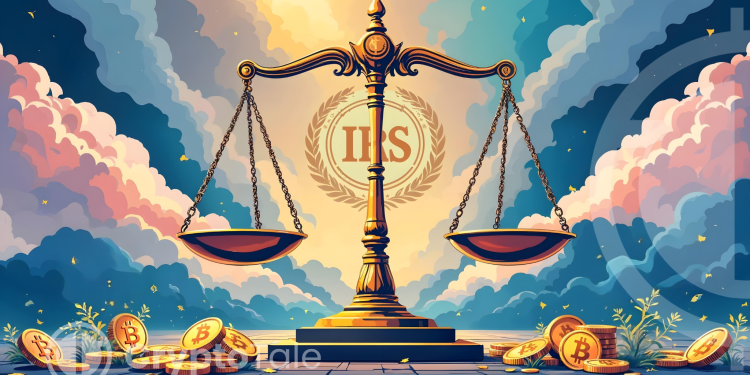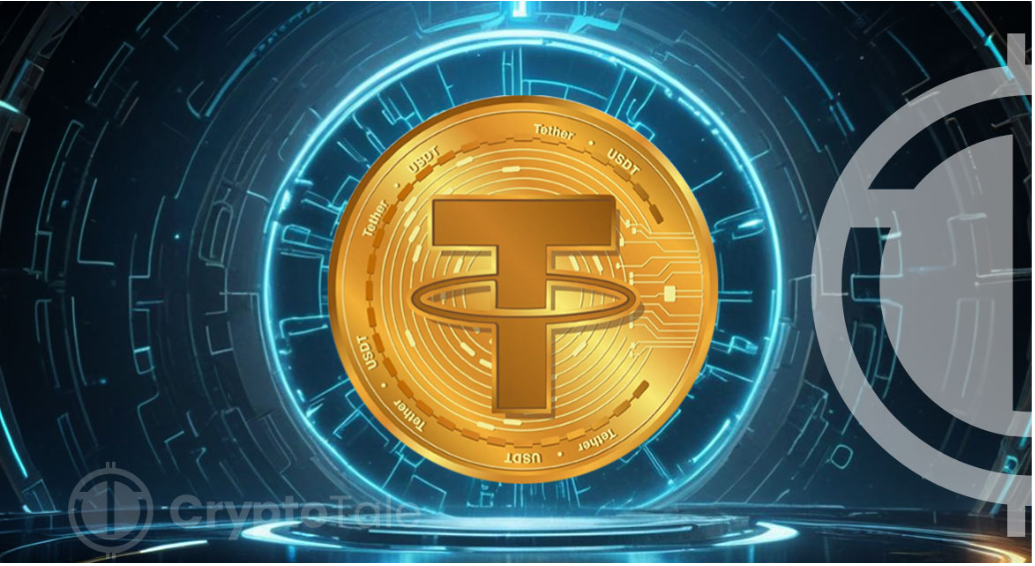- The Internal Revenue Service says that crypto staking rewards are taxable as soon as they are received.
- The ruling comes amid a lawsuit by the Jarretts, who claim staking rewards should only be taxed when sold.
- Dr. Bonzai calls the IRS ruling as the biggest scam in history as it allows for multiple taxations.
The US Internal Revenue Service (IRS) has reaffirmed its position that crypto staking rewards are taxable, with tax obligations kicking in as soon as these rewards are received. The agency’s stance is revealed amidst an ongoing lawsuit involving Joshua and Jessica Jarrett, a Tennessee couple staking on the Tezos network. The decision has left crypto stakers disappointed with some calling the staking taxation as the “biggest scam.”
According to a December 20 court filing, the IRS has dismissed the couple’s claim that staking creates a “new property” that should be taxed upon sale. However, the agency maintained that staking rewards are considered taxable income as soon as they are received. The IRS also denied Jarretts’ argument that staking tokens could be considered under the same category as crops, books, and manufactured goods. The filing read,
“Revenue Ruling 2023-14 requires taxpayers who receive staking rewards to report the rewards as income at their fair market value upon having the ability to sell, exchange, or otherwise dispose of them.”
The battle between the Jarretts and the agency began in 2021 when the former filed a lawsuit seeking a refund of $3,293 in taxes paid on 8,876 Tezos tokens earned through staking in 2019. The IRS attempted to dismiss the case by offering a $4,000 tax refund in 2022, but the Jarretts declined, opting to pursue the case to set a legal precedent for staking participants across proof-of-stake networks.
The new development within the case has sparked debates in the community, with many stakers expressing concerns. Dr. Bonzai, an X user, raised their voice against the IRS’ decision, calling it a historic scam that allows for multiple taxations on staking rewards. They added that the IRS lacks the authority to determine tax liability for staking tokens, as it doesn’t control the international protocols governing network validation.
According to Dr. Bonzai’s perceptions, staking is fundamentally different from receiving stock dividends. Though it looks similar initially, staking rewards are actually compensation for contributing to the network’s operation and maintenance rather than a return on investment.













